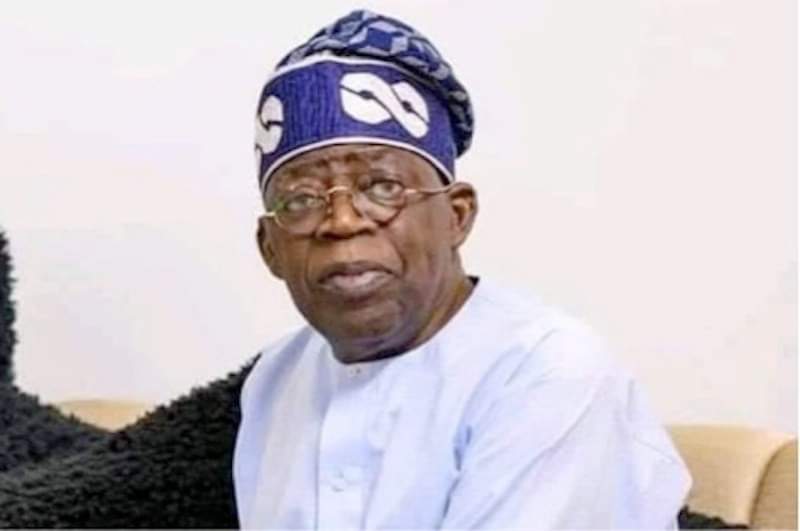After a very exhaustive campaign and election season, President-elect, Asíwájú Bola Tinubu, has travelled abroad to rest and plan his transition programme ahead of May 29, 2023 inauguration.
The President-elect left the Murtala Mohammed International Airport, Ikeja for Europe on Tuesday night.
The President-elect decided to take a break after the hectic campaign and election season to rest in Paris and London, preparatory to going to Saudi Arabia for Umrah (Lesser Hajj) and the Ramadan Fasting that begins Thursday.
While away, the President-elect will also use the opportunity to plan his transition programme.
He is expected back in the country soon.
We enjoin the media to stop publishing rumours and unsubstantiated claims and to always seek clarifications from our office.









